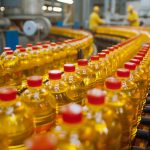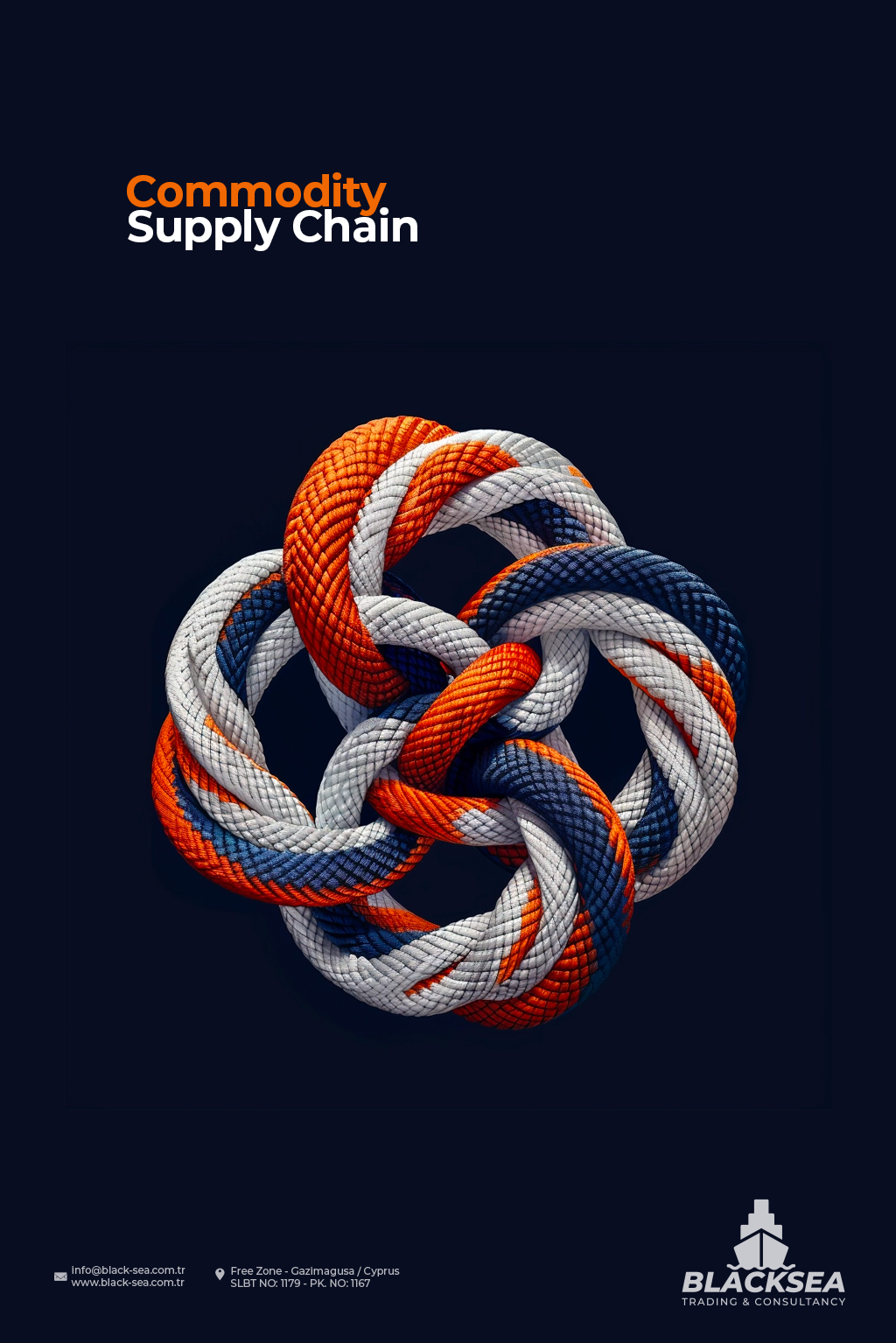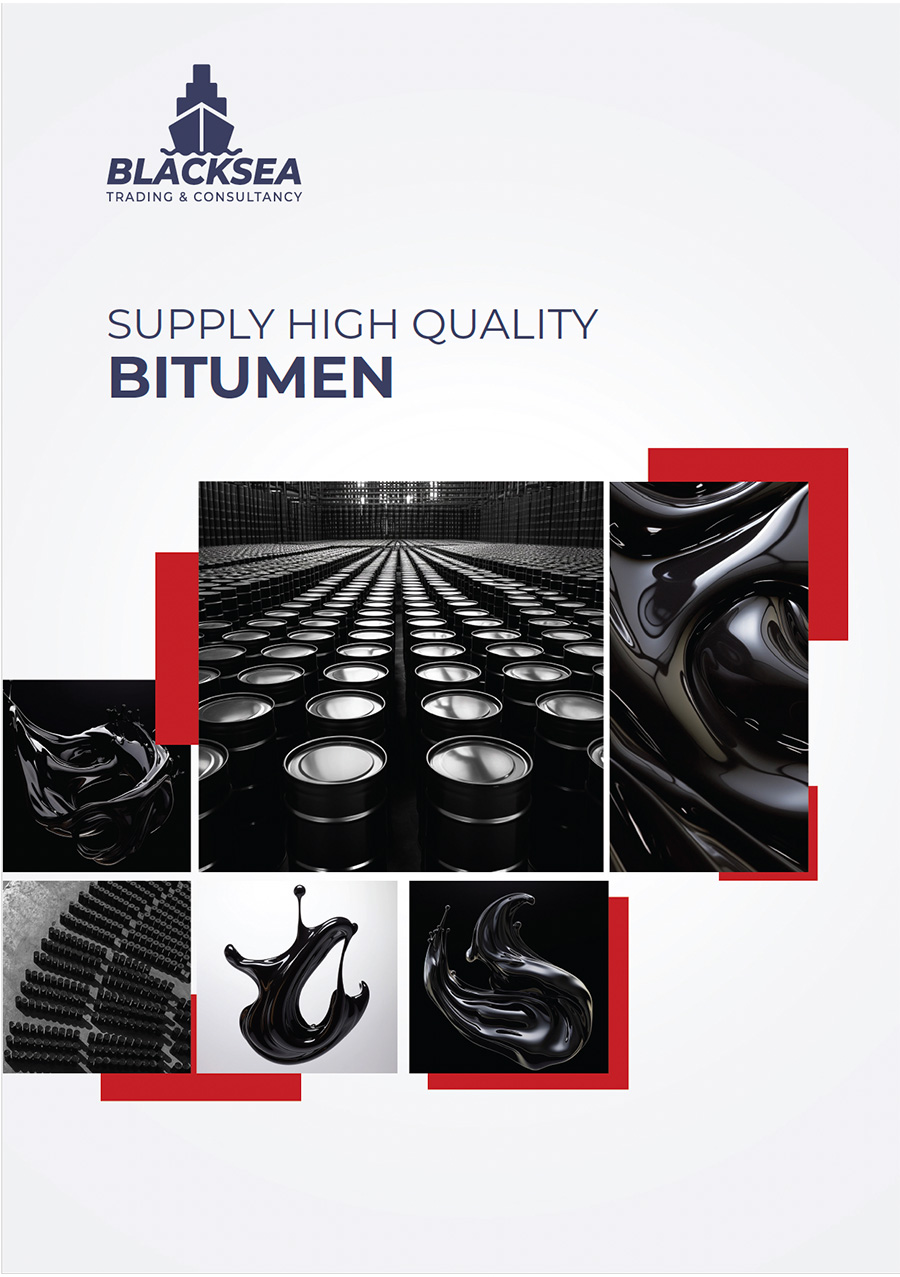
EN 590 diesel fuel is formulated differently for winter and summer to ensure proper performance under varying temperature conditions. The main differences between winter and summer types of EN 590 diesel revolve around their cold flow properties. Here’s a detailed explanation:
Winter Type EN 590 Diesel
Winter diesel fuel is designed to remain fluid and operable at lower temperatures. The key characteristics and modifications include:
Cold Flow Additives:
- Additives are included to prevent the formation of wax crystals, which can clog fuel filters and lines.
- Common additives include pour point depressants and anti-gel agents.
Lower Cloud Point and Pour Point:
- The cloud point (temperature at which wax crystals begin to form) and pour point (temperature at which the fuel ceases to flow) are lowered.
- This is achieved through blending with lighter components and additives.
Cetane Number:
- The cetane number might be adjusted to ensure good combustion properties at lower temperatures.
Cold Filter Plugging Point (CFPP):
- CFPP is a critical parameter, indicating the lowest temperature at which the diesel can pass through a standardized filtration device.
- Winter diesel has a lower CFPP compared to summer diesel, ensuring it remains filterable in cold weather.
Summer Type EN 590 Diesel
Summer diesel fuel is formulated for use in warmer temperatures. The main characteristics include:
Higher Cloud Point and Pour Point:
- The cloud point and pour point are higher since there is less risk of wax formation at warmer temperatures.
- This allows for a broader range of hydrocarbons in the blend, improving energy content and fuel economy.
No Need for Cold Flow Additives:
- Since low temperatures are not a concern, cold flow additives are typically not necessary.
- This reduces the cost and complexity of the formulation.
Optimal Viscosity:
- Summer diesel is optimized for higher ambient temperatures, ensuring proper lubrication and fuel injection performance.
Key Parameters Comparison
Here is a side-by-side comparison of typical parameters for winter and summer EN 590 diesel fuels:
| Parameter | Winter Diesel | Summer Diesel |
|---|---|---|
| Cloud Point | Lower (-20°C to -30°C) | Higher (-5°C to 0°C) |
| Pour Point | Lower (-25°C to -35°C) | Higher (-10°C to -15°C) |
| Cold Filter Plugging Point (CFPP) | Lower (-20°C to -30°C) | Higher (-5°C to 0°C) |
| Additives | Cold flow improvers | Minimal or none |
| Cetane Number | Adjusted for cold start performance | Standard (typical) |
Practical Implications
- Winter Diesel: Essential in colder climates to ensure that vehicles start and operate reliably in freezing conditions.
- Summer Diesel: Suitable for warmer climates and seasons, providing better fuel economy and efficiency without the need for cold flow additives.
Refiners and fuel distributors switch between these formulations seasonally to match the prevailing weather conditions and ensure optimal performance and reliability for diesel engines.

Why Choose BLACKSEA TRADING COMPANY?
Quality Assurance: We ensure the highest quality standards for all our products, delivering reliability and excellence.
Competitive Pricing: Our commitment to fair and reasonable pricing ensures you get the best value for your investment.
Reliable Supply: Count on us for consistent and timely deliveries, maintaining seamless operations for your business.
Exceptional Service: Our team is dedicated to providing outstanding service, addressing your inquiries promptly and effectively.
Take this opportunity to optimize your sourcing strategy and benefit from our premium offerings. Please reach out to us at info@black-sea.com.tr to discuss your specific requirements or to place an order. We’re here to assist you in every step of the process.
We look forward to continuing our successful collaboration.







